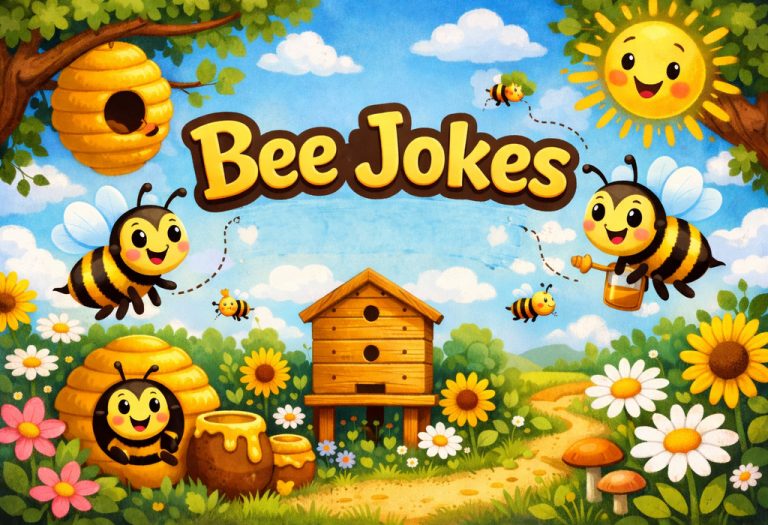Personal Hygiene for Kids

Teaching children as they grow is a very engaging and challenging process. Those tiny little hands are always reaching out to grab everything they see. Although this may be a part of their growth and development when they are babies, it is not quite safe for children to come in contact with everything they see. Things like mud, door handles, food from outside and even toys can be unhygienic and could pose problems with transmittable diseases. Therefore, teaching healthy habits from a young age is essential to ensure your children remain safe and healthy.
In this article, we shall discuss personal hygiene for kids in detail and provide tips to help you teach your kids its importance. Let’s start with the most basic question—why is it required? Read on to learn more.
Why Is Personal Hygiene Important for Kids?
Following proper health and hygiene practices for and by children is extremely crucial and helps keep germs and diseases at bay. Whenever they touch dusty areas, deadly microorganisms can transfer onto their hands, food, and eventually into their stomachs, causing diseases.
Certain habits can be practised as a foundation to ensure health and hygiene for kids. The best way to get your child to understand this is by teaching them how to practice early. Here are some common practices that can help in teaching the best personal hygiene practices to children:
12 Best Healthy Personal Hygiene Habits for Children
Teaching children healthy personal hygiene habits is essential for their well-being and helps prevent illness. Here are 12 of the best habits to teach your child:
1. Food Hygiene for Kids
Unhealthy food habits can cause food poisoning and lead to conditions like diarrhoea, vomiting, or stomach pains. As a parent, you need to ensure hygiene is intact when preparing, serving, or feeding food to your child.
When teaching your child about food hygiene, start with the basics and tell them about the germs and bacteria that cause diseases. Let your child understand how these germs can infect their bodies and spread from their hands to their food. Also, stress upon the habits that can help them prevent diseases. Here’s what you can follow and teach your child.
- Cooking Food: If you’re the one doing most of the cooking, make it a habit to follow these hygiene practices:
- Always use an apron and tie your hair.
- Roll your sleeves up to avoid having grease or stains on your clothes.
- Don’t cough or sneeze into the food. Always turn away whenever you have to avoid contaminating the food with germs. Sanitise/wash your hands thoroughly before touching the food again.
- Food Storage: Healthy food habits also include proper storage. Teach your child how to segregate and store food in the refrigerator. Also, inform them which foods can be left outside and which must go in the fridge. Don’t leave any food uncovered; keep the lids clean to avoid contracting bacteria.
- Washing hands: Make sure you wash your hands thoroughly and teach your child how to wash their hands properly with soap and water. We shall talk a little more about this practice in the next point. Ensure you do this activity before and after every meal. Additionally, provide your child with a clean wiping cloth to wipe their hands. The cloth should be washed/changed frequently.

2. Hand Hygiene for Kids
Washing hands frequently can reduce the chances of contracting diseases such as diarrhoea. The simplest way to practise hand hygiene is to teach your child how to wash hands thoroughly. Show your child a step-by-step demonstration and ensure he/she gets all the steps right.
- Wet your hands with water.
- Apply soap to your hands and rub to form a lather.
- Ensure your child cleans even between the fingers and under the nails.
- Wash the soap away entirely with clean water.
Hygiene for kids includes keeping their hands clean at all times. Let your child form a habit of washing their hands every time they (3):
- Use the bathroom
- Play outside
- Clean the house
- Touch an animal
- Meet a sick friend
- Sneeze or cough
- Are about to eat something
- Are done eating their food
- Come home from outside, whether at school or at the park.
3. Sleep Hygiene for Children
Sleep is essential for children and adults as the body uses this time to regenerate its cells and record memories. Sleep hygiene includes everything that helps your child get a good night’s sleep. It enables you to create an ‘awake during the day and resting during the night’ pattern so your child can fit in enough sleep at night so they can remain active during the day. You can also teach the importance of sleep to get your child more interested in learning its benefits. Following are a few ways in which you can inculcate good sleeping habits in them (7):
- Avoid letting your child fall asleep at odd hours during the day so that they sleep well at night. However, some kids have a short nap in the afternoons, which is alright.
- The bed should only be used for sleeping, not watching TV or doing homework.
- Create a relaxed environment. You can have dim lights that let your child rest. You can also try singing a lullaby.
- Keep gadgets and alarms away from children to avoid waking them up.
- Put your child to bed every day at a fixed time.
- Have the same sleeping hours, whether school nights or weekends.
- Don’t let your child sleep hungry. A light snack like milk and cookies is good. Heavy meals within an hour or two of bedtime interfere with sleep.
- Avoid products containing caffeine, like caffeinated sodas, tea, coffee, and chocolates several hours before bedtime.
- Make sure your child spends time outside every day.
- Keep a comfortable temperature in the room. i.e. 24-26 degrees.
- Don’t use the bedroom for time out or punishment.
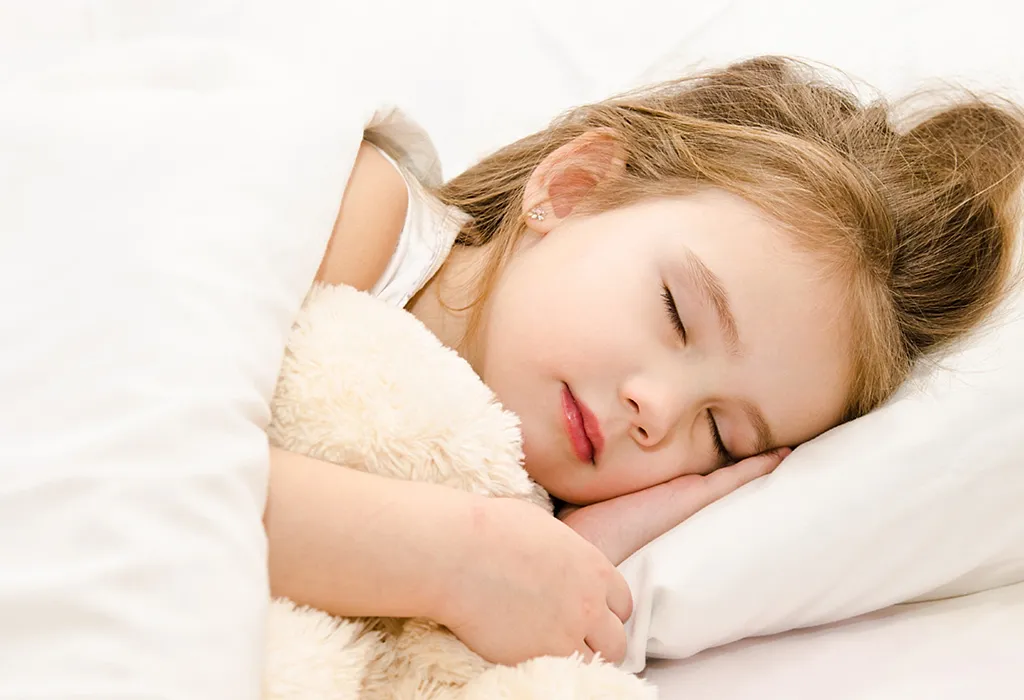
4. Vocal Hygiene for Children
You and your child can use these methods to help them get a modulated voice. Most children can develop a habit of shouting a lot. If they aren’t given attention and ignored, your child’s vocal cords can experience excessive stress and damage. Here’s how you can help your child understand and deal with vocal hygiene:
- Keep your child hydrated by giving them enough water to drink every day.
- Avoid giving your child cold drinks or ice creams often.
- Encourage your child to speak in one tone during a conversation.
- Kids can sometimes clear their throat, affecting the way they sound. Always discourage them from doing so.
- Keep them from shouting or whispering too much, as it stresses the vocal cords.
5. Oral Hygiene
You must also take care of your child’s mouth and teeth. Without proper care, your child can develop cavities, bad breath, and other oral diseases. Although baby teeth eventually fall out, they help your child chew food and assist in speech development. Here are some ways you can keep your child’s teeth healthy (4):
- Ensure your child brushes their teeth at least two times a day.
- Always use a child’s toothbrush as they’re smaller and soft on the developing gums.
- In the first 12 months, only wipe the child’s gums with a clean cloth. When the first set of teeth appears, wipe the surface gently with a toothbrush and some water.
- Let your child start using toothpaste when they are around two years old.
- Sweet food shouldn’t linger around the teeth too long as it can cause cavities.
- If the child has wiggly teeth by age 6, let them wiggle the tooth so it falls off without much pain or bleeding.
If you are wondering how to teach your little one to brush their teeth, here’s some information that can help. In the beginning, brush their teeth yourself and slowly teach them the right way to do it.
- Keep the brush angled at 45 degrees to your child’s gums.
- Move the brush back and forth gently.
- Brush all the surfaces of your child’s teeth (outer, inner and chewing areas).
- To clean the inner surface thoroughly, you can hold the brush vertically and move it up and down.
- Brush the tongue to remove any bacteria.
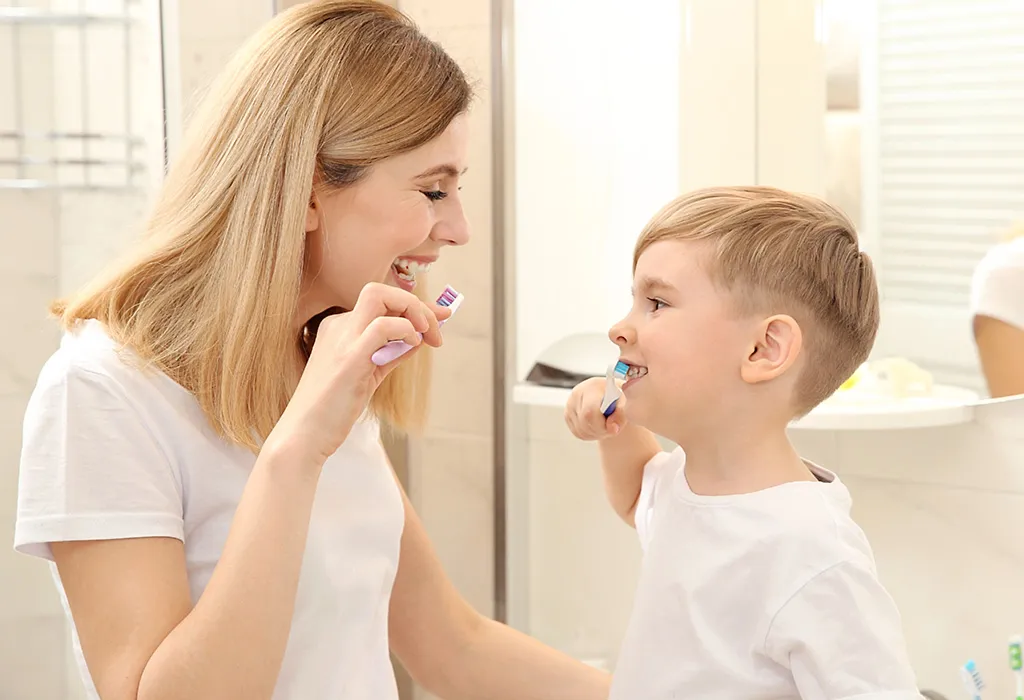
You can also include the use of dental floss to ensure that your child stays away from cavities.
- Take about 18 inches of floss and wrap both ends on either of your middle fingers.
- Hold the floss between your thumb and forefingers and insert the floss inside your child’s teeth.
- While holding the floss in a C-shape, gently rub it while pressing it against the tooth.
- Ensure you floss all the teeth and get the jaw teeth, too.
6. Hair Care
Poor hair hygiene in your child can cause problems like dandruff, lice, and scalp infections. Your child can get these when playing with their friends or other kids. Your child should be taught to care for their hair and scalp to avoid this (6).
- Wash your child’s hair at least two times a week to keep it free from grease and dirt.
- When your child is old enough to wash their hair, supervise or assist them in applying the shampoo and rinsing with water.
- If your child has head lice, make sure you treat it immediately.
- If your child has long hair, encourage her to keep it tied up mostly to prevent it from getting dirty.
- Teach your child to avoid sharing their comb, pillow, hats or caps with other children.
7. Nail Hygiene
Children’s nails accumulate a lot of dirt and microbes as they play outside, in the sand, mud, or simply dirty grounds. Children and adults use their limbs extensively, which causes nails to get injured or contaminated. Use the following tips to inculcate nail hygiene in your child:
- Kids tend to bite their nails. Discourage them from doing so, as they can ingest the microbes under their nails.
- Cut your child’s nails frequently.
- Teach your child to scrub and wash under their nails thoroughly to ensure they are always clean.
- Also, pay attention to your child’s toenails and cut them regularly.
8. Bathing Hygiene
The best way to keep your child clean and healthy at all times is by bathing them regularly. Some bath hygiene habits include:
- Teach your child to bathe twice a day – before they go to school and after they return.
- Encourage them to scrub their armpits, groin, legs, and feet gently.
- Ensure that they apply soap every time they take a shower.
- Ensure your child takes extra care when cleaning their face, as the facial skin is more delicate.
9. Foot Hygiene
When bacteria acts along with sweat on your child’s feet, they can get smelly. This happens if your child wears shoes all day, especially without socks. This causes a lot of dirt and bacteria to accumulate on your child’s feet. Some personal hygiene habits for kids can help keep these smelly feet away:
- Ensure that your child washes their feet every time while taking a bath.
- Keep the feet clean by scrubbing them with soap and rinsing them with clean water.
- Always clean between the toes, on the underside of the foot, and under the toenails to keep microbes away.
- Teach your child to keep their footwear clean to avoid contracting germs.
- Use a moisturiser to keep the feet soft at all times.
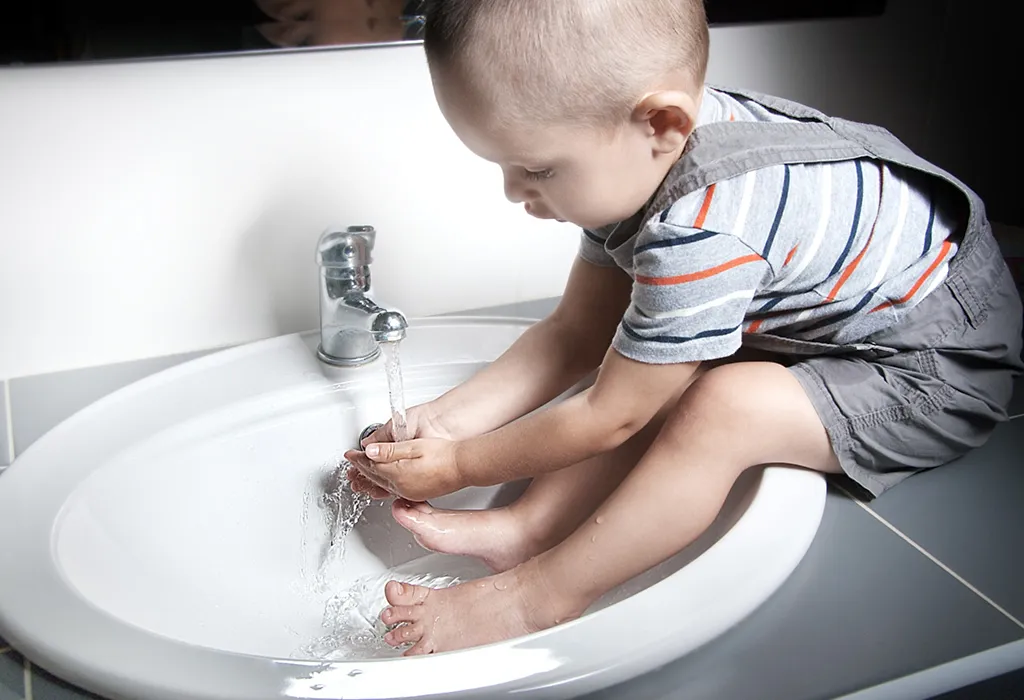
10. Toilet Hygiene
The bathroom or toilet is one of the places in the house that contains the most germs. As long as you keep the bathroom clean and teach your child the right toilet hygiene, you can avoid all the diseases likely to spread by using an unclean bathroom.
- Teach your child to wipe or wash after passing stool.
- Teach them how to flush on their own.
- Remind them to wash their hands every time they use the bathroom.
- A good way to help them learn is to stay with them and guide them through the whole process. Also, have your child look at the wipe every time they wipe after potty.
11. Coughing and Sneezing Hygiene
You can’t always protect your child, and a few illnesses here and there can help improve immunity, so there is an upside to illnesses, too. Sometimes, your child can get infected with a common cough or a cold. Here’s what you can do to help them heal faster and prevent the disease from transmitting to others.
- Prevent your child from spreading infections by teaching him/her to cover his/her mouth and nose when sneezing or coughing.
- Also, encourage your kids to use a handkerchief instead of their hands. If they do not have a handkerchief, teach them to use their sleeve or elbows instead. This avoids the spreading of germs from their hands.
- Praise them subtly whenever they use their sleeve, “I saw that you used your sleeve. Thank you for doing that”.” This will help them remember to do this again in the future.
12. Home Hygiene
Apart from all the types of hygiene mentioned above, your child should also practice some hygiene at home, as this can also build up your child’s etiquette.
- Teach your child to wear clean clothes every day. If your child likes a particular dress, teach them to wear it only when it is clean.
- Inculcate the habit of cleanliness.
- Teach your child to pick up their dish after eating, put it in the sink, and wash their hands.
- If your child spills something in the house, teach them to clean it. If they are too young to do so, help them clean it.
Here are some more tips to help your kid understand personal hygiene and make it a part of their everyday life.
Tips to Teach Your Kids Personal Hygiene
You can’t teach your child all the habits mentioned above overnight. Teaching personal hygiene to kids will require patience. Some accidents might happen here and there, but avoid scolding your child as they are still learning. Here are some tips to follow when teaching your child about hygiene:
- Explain the Difference: Start by explaining all the good and bad habits. You can start with something your child already knows.
- Explain the Purpose: Explain to your child why they should maintain good hygiene and why something is bad.
- Praise and Encourage: Praise your child when they do something good. It can be as simple as washing hands or sneezing into a handkerchief.
- Start With the Basics: Have your child wash his/her hands first, and then move on to bigger things like brushing, bathing, food hygiene, etc.
- Practice Before You Preach: Children are smarter than we think they are. They are observant and know when you are trying to trick them. Always ensure you practice all the hygiene habits yourself before teaching them any. Most of the time, children watch you and learn, so you won’t have to teach them the habits separately (5).
- Educate Them: Tell your child about the germs and microbes that cause diseases. Also, explain what happens if he/she is affected by germs.
- Make Learning Fun: This will help them remember better. Try including games and other fun activities whenever you teach them about hygiene.
Things to Avoid While Teaching Hygiene to Your Child
These are a few things you must avoid when teaching your little one hygiene. These tips will help you convey the point, inculcate a habit, and even strengthen your bond.
- Do Not Scold – Do not scold your child, as it worsens the situation. Some children take more time to learn something new. Be patient but persistent when teaching hygiene to your child.
- Do Not Compare – Comparing your child with someone else will make your little one feel inadequate. Let him/her take some time to adjust to the new way of life and avoid comparing him/her with anyone else.
- Do Not Punish – Punishing children is another thing parents should avoid. Children appreciate it when their parents take the time to explain something and help them through it. If your child doesn’t understand or obey, do not punish him/her. You may try to seek alternatives instead to explain to your little one the same point.
FAQs
1. At what age should children start learning about personal hygiene?
Children can learn basic personal hygiene habits, like washing hands and brushing teeth, as early as age 2 or 3. It’s important to model and gradually teach these behaviours as they grow.
2. How can I help my autistic child tolerate hygiene activities they find uncomfortable?
Introduce hygiene tasks in small steps. Use sensory-friendly products like unscented soaps or soft toothbrushes to create a calming environment. Visual schedules and social stories should help them understand what to expect (2).
3. Can children use deodorant?
Deodorant is usually not necessary for young children. However, as children approach puberty, typically around age 9 or 10, it may be helpful to introduce deodorant to manage body odour (1).
Although health and hygiene for kids are better inculcated early on, children won’t pick them up at the first go; be patient and keep explaining their importance. Teaching your child about hygiene can help them care for themselves even when you are not with them.
References/Resources:
1. Deodorant Use for Kids and Teens; Nemours KidsHealth; https://kidshealth.org/en/parents/deodorant.html
2. Helping a Child with ASD Develop Good Hygiene Habits; May Institute; https://www.mayinstitute.org/news/acl/asd-and-dd-child-focused/helping-a-child-with-asd-develop-good-hygiene-habits/#
3. Personal hygiene for children; Healthdirect; https://www.healthdirect.gov.au/personal-hygiene-for-children
4. Dental health; NHS; https://cambspborochildrenshealth.nhs.uk/feeding-and-eating/dental-health/
5. Hygiene; NHS; https://cambspborochildrenshealth.nhs.uk/child-development-and-growing-up/hygiene/
6. Personal Hygiene; Nationwide Children’s Hospital; https://www.nationwidechildrens.org/family-resources-education/health-wellness-and-safety-resources/helping-hands/personal-hygiene
7. Sleep Hygiene for Children; Children’s Hospital of Orange County; https://choc.org/wp-content/uploads/2016/04/Sleep-Hygiene-Children-Handout.pdf
Also Read:
Good Manners To Teach Your Kids
Tips to Establish a Morning Routine for Children
Good Habits That Parents Must Teach Their Kids
Essential & Must-Have Healthy Habits for Children
Was This Article Helpful?
Parenting is a huge responsibility, for you as a caregiver, but also for us as a parenting content platform. We understand that and take our responsibility of creating credible content seriously. FirstCry Parenting articles are written and published only after extensive research using factually sound references to deliver quality content that is accurate, validated by experts, and completely reliable. To understand how we go about creating content that is credible, read our editorial policy here.






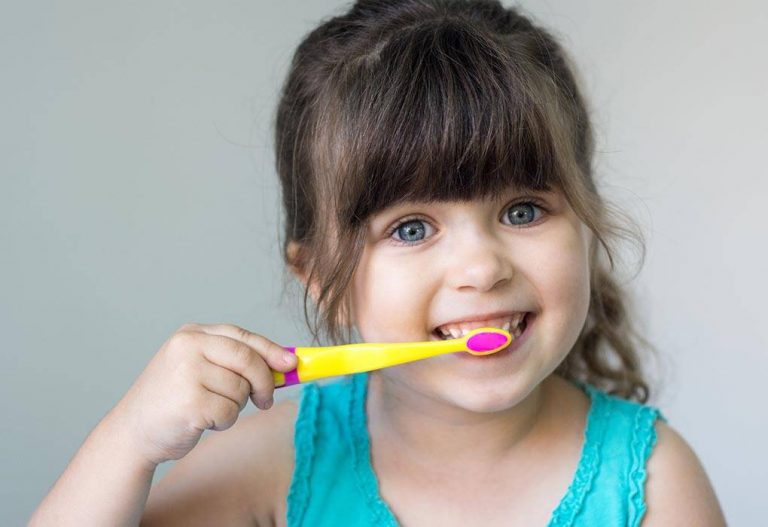
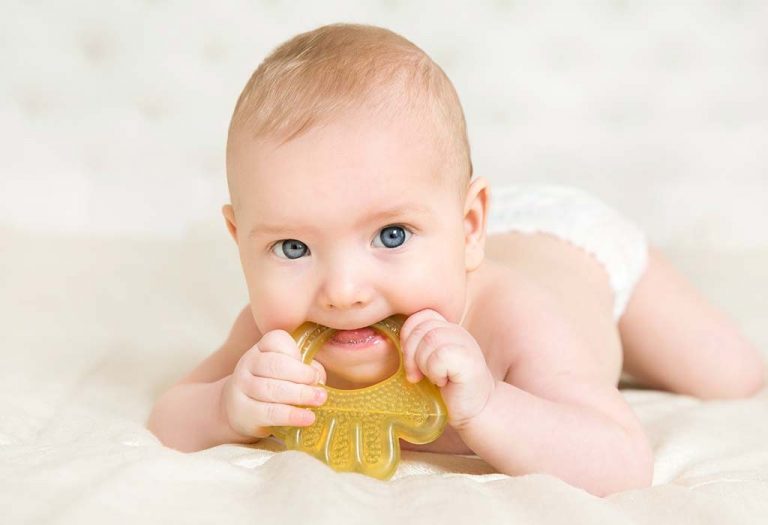
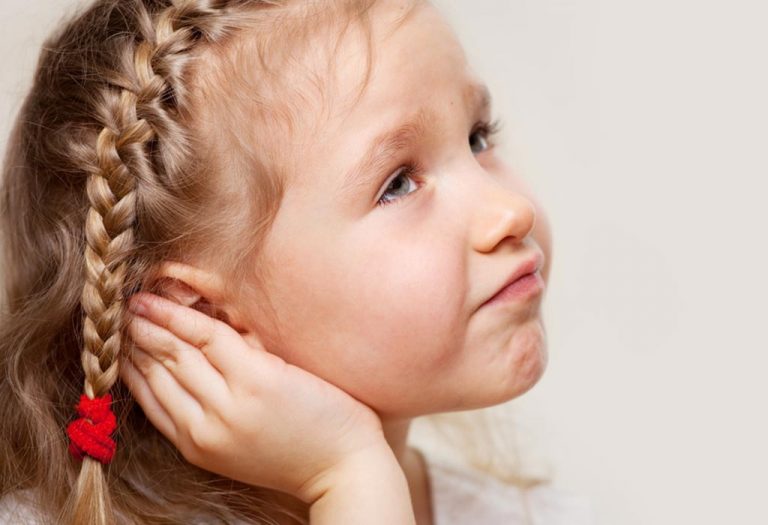
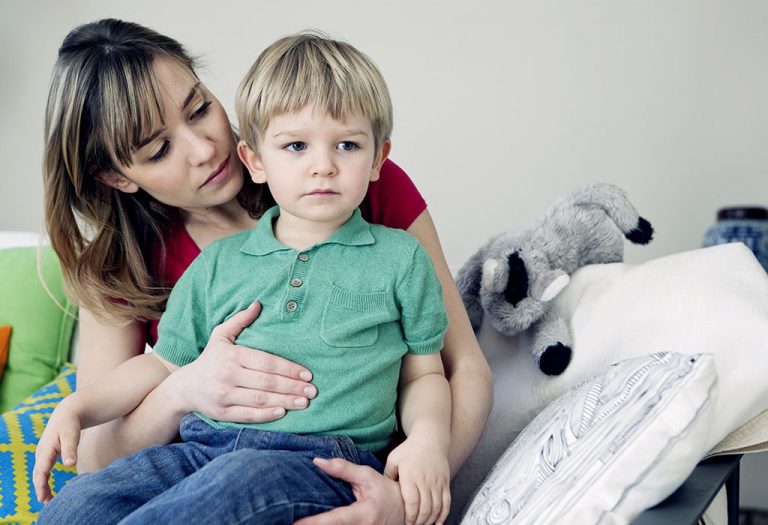
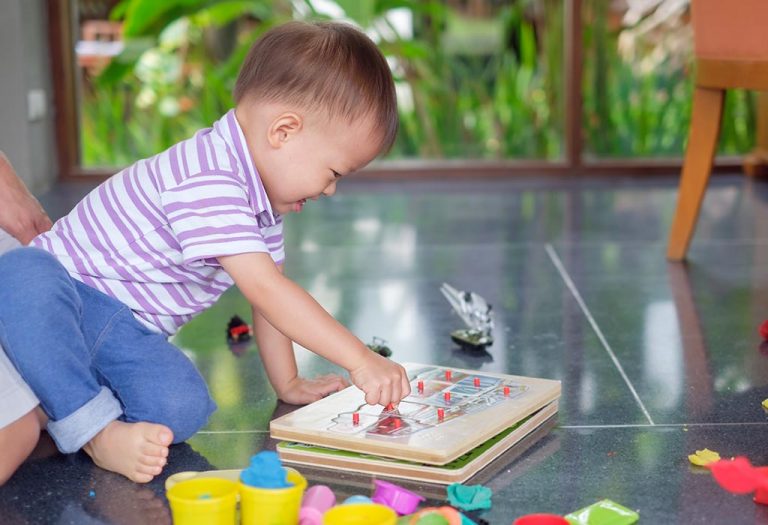
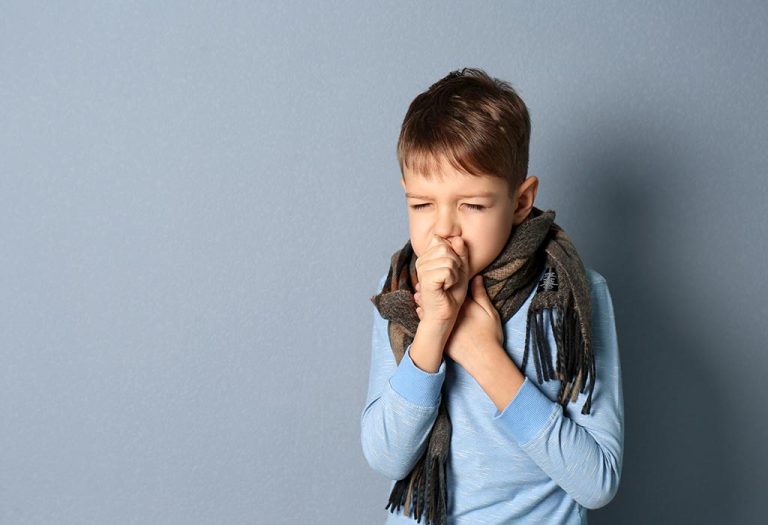
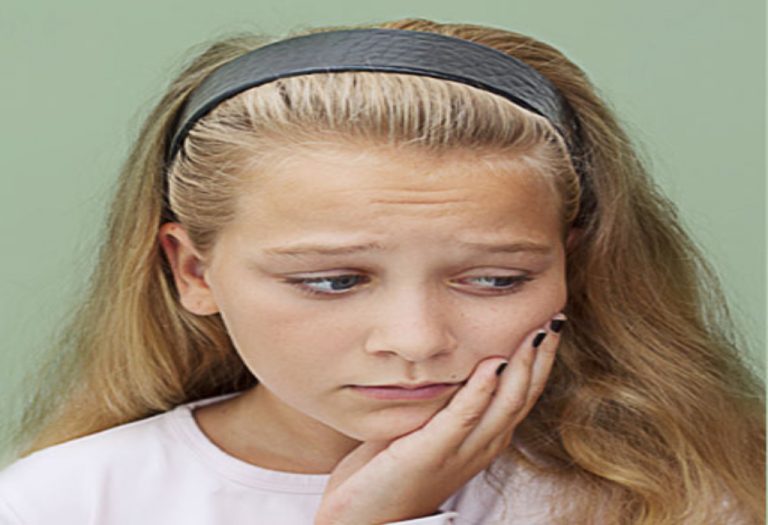

.svg)









